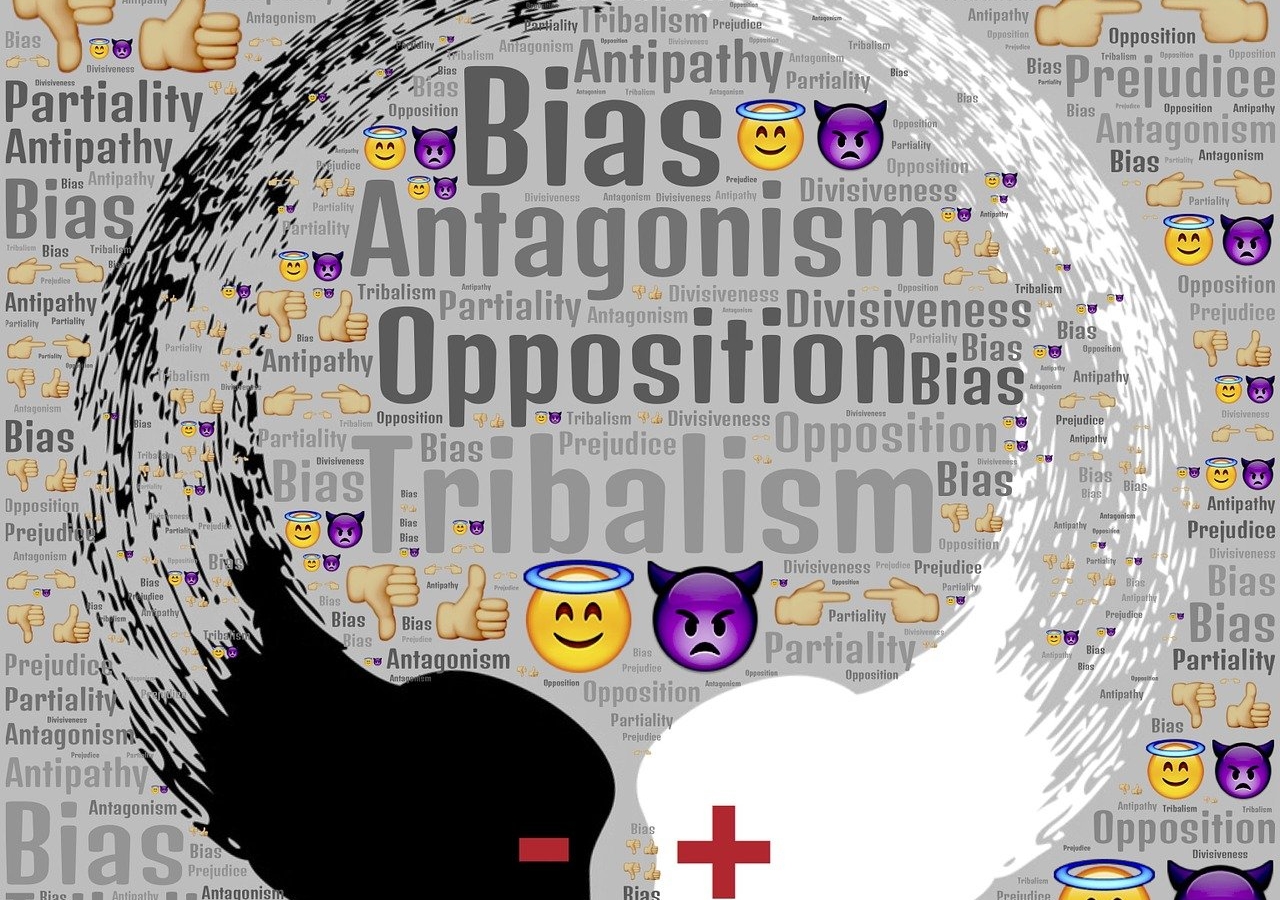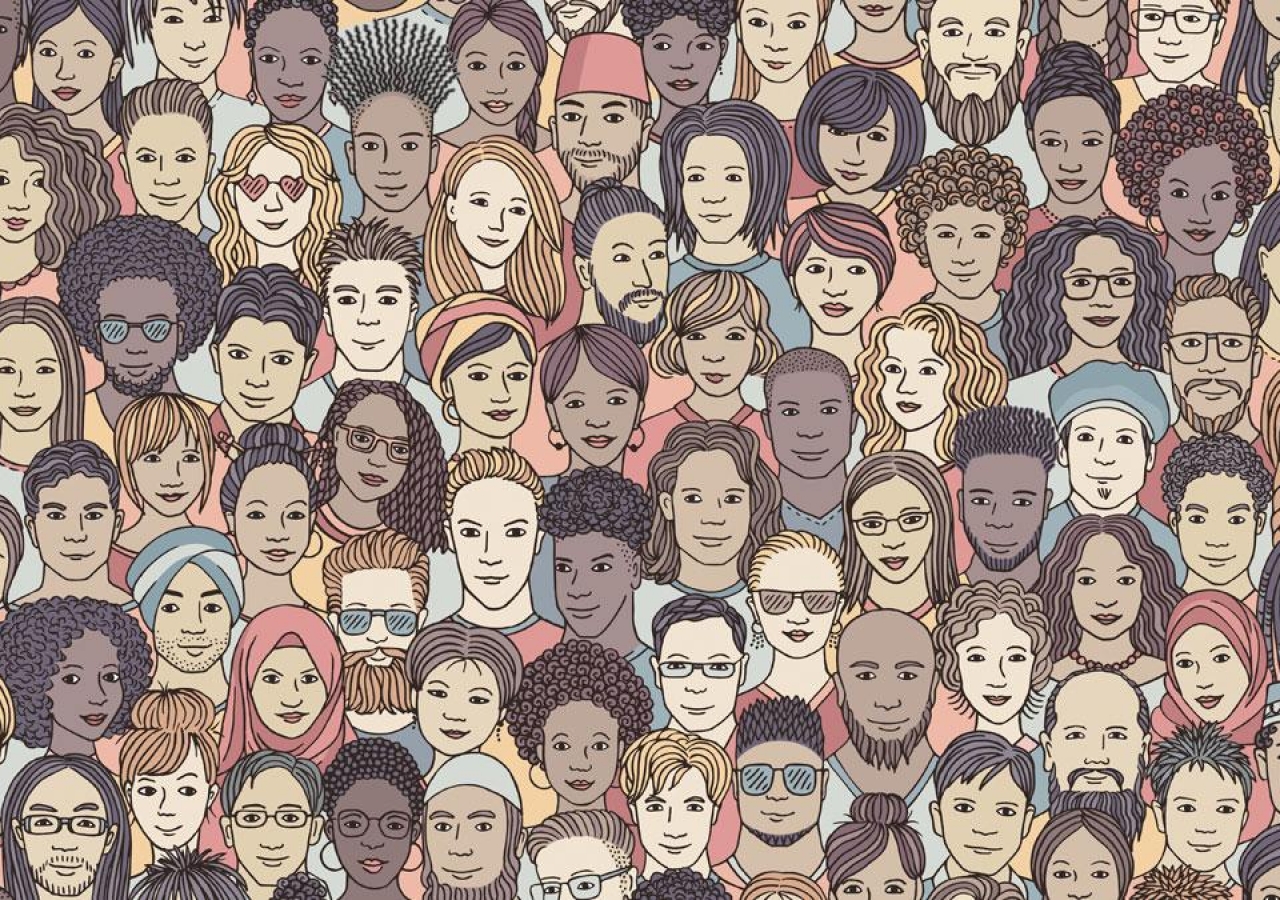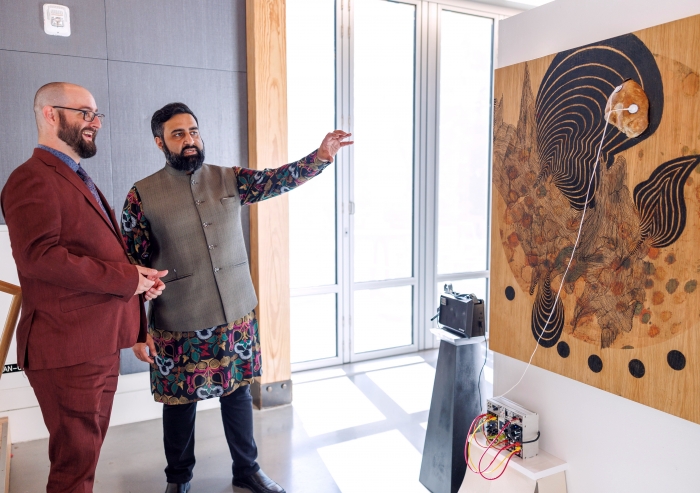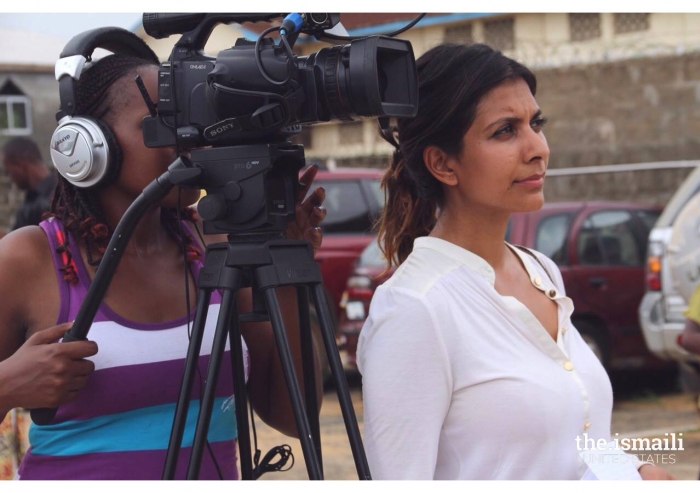Image by Vectorjuice on Freepik
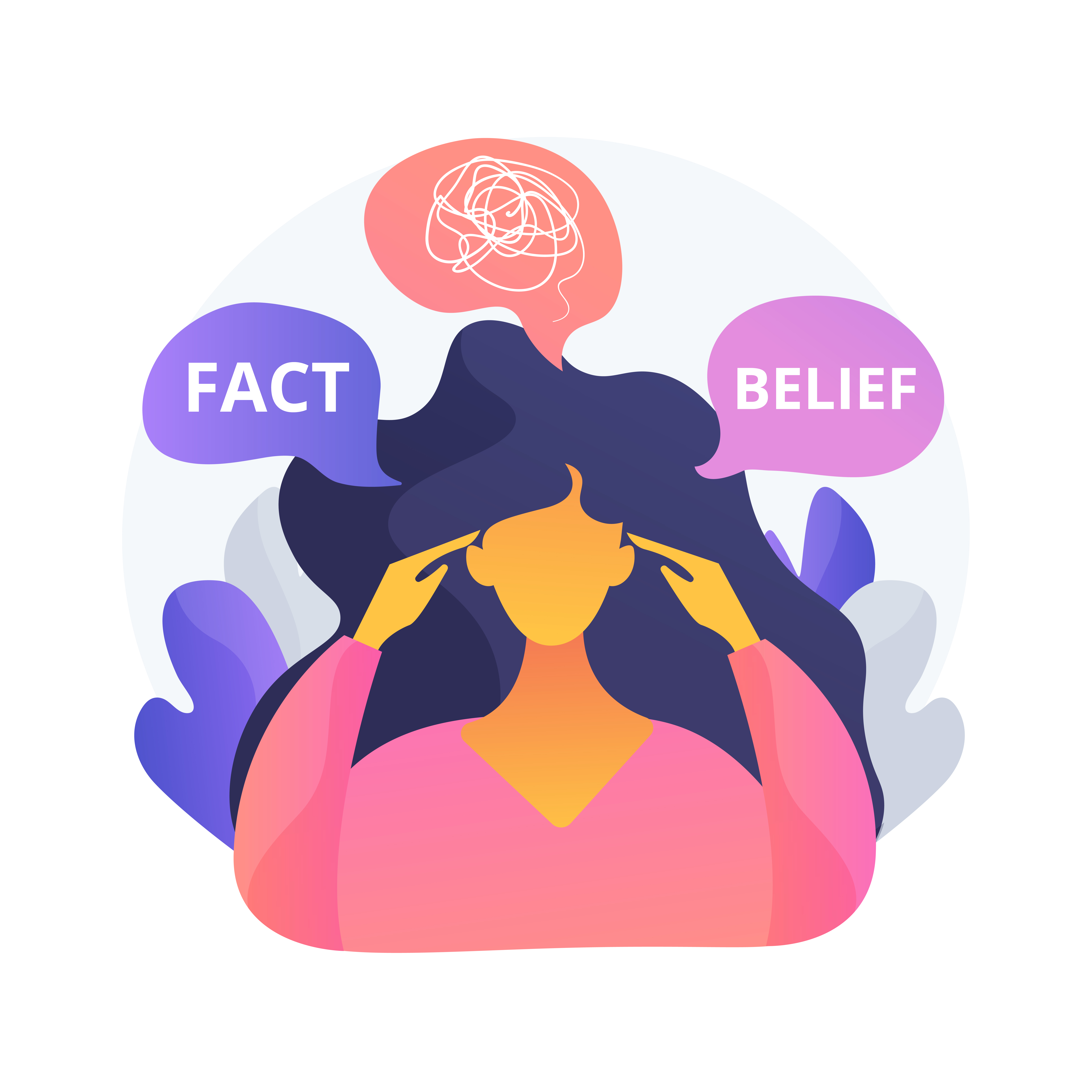
In a world focused on social justice, implicit bias quietly influences technology, entertainment, law enforcement, and healthcare, shaping individual actions and systemic operations. Understanding and challenging these biases is crucial for creating a fairer society. As Ismailis, recognizing implicit bias aligns with our values of compassion and pluralism, fostering a community where all feel empowered and respected.
Understanding implicit bias
Identified by psychologists Mahzarin Banaji and Anthony Greenwald in 1995, implicit bias is a subconscious attitude that affects perceptions and behaviors toward certain races and genders. Despite most Americans believing they are unbiased, studies by PBS and the Pew Research Center show that 70-75% of people display racial and ethnic biases. These biases, shared across all demographics, influence interactions and outcomes, affecting warmth, acceptance, and equity in various contexts.
Historical context
Implicit biases, often seen as racial prejudices, come from subconscious survival links, like connecting sharks with danger. When society tells stories that paint certain groups in a negative light, these biases become racial. Constructed during periods of history when certain races, for ex. African Americans, Asians, Hispanics, Middle Easterners, etc were excluded; these systems spur division and hurt marginalized groups, reinforcing social hierarchies, keeping racial gaps, and exposing deep-seated beliefs about race.
Manifestations in modern society
Here are some examples of how biases manifest in various sectors of modern society:
- Technology: A 2019 U.S. National Institute of Standards and Technology study uncovered AI and facial recognition biases disproportionately affecting minorities, especially in surveillance, impacting Black communities.
- Entertainment: Persistent lack of leading roles for people of color and stereotypical portrayals remain critical issues in Hollywood and TV.
- Law Enforcement and Criminal Justice: Facial recognition technology in law enforcement exacerbates racial profiling and monitoring of protestors, contributing to disproportionate sentencing for minorities and highlighting systemic judicial biases.
- Healthcare: The pandemic revealed healthcare disparities, with biases impacting diagnosis, treatment, and pain management for marginalized groups.
- Education: Education biases affect teacher expectations and student outcomes, particularly harming minorities. Legal battles like those at Harvard reveal admission disparities fueled by biases, eroding fairness and opportunity.
Bias cleanup: lessons from Starbucks
Implicit biases aren’t just racial slip-ups; they’re cultural code, pre-wired into us. Cue a Starbucks scene on April 18, 2018, in Philadelphia, where employees mistakenly labeled two Black men who were waiting in the shop as trespassers rather than patrons. The police intervention that followed wasn't something experienced by White customers. This misstep, caught on camera, led Starbucks to grovel publicly, shutting down more than 8000 locations for a bias cleanup by providing racial bias training to over 175,000 employees and adjusting their policies to be more inclusive. This is a prime example of how societal scripts dictate who sips injustice and who gets served a latte, showing the fundamental need to mix systemic racism into our bias training recipes for a fairer blend.
Image: Kara Smith

A strategic approach to social justice
We require a strategic and empathetic game plan to beat implicit bias at its own game, not just good intentions. It's not enough to talk about being nice; we need to champion an inclusive ‘gabfest’ where everyone shouts about fairness and respect from the rooftops. Promoting empathy and patience can unite diverse individuals for a common cause, sparking transformative change toward a more just and inclusive society. This approach isn't about minor adjustments; it's about driving a movement that emphasizes unity and collective effort to overcome deep-seated biases.
Strategies for reducing implicit bias
Mitigating implicit bias requires intentional action and reflection. Recognizing biases, embracing diversity, and challenging prejudices are crucial for building a fairer society. Strategies include:
- Pause before reacting to reflect and mitigate bias.
- Consider words and actions for sensitivity, aiming for respectful interactions.
- Promote positivity and understanding, bridging gaps with empathy.
- Embrace accountability by acknowledging mistakes and offering sincere apologies for growth and healing.
- Commit to understanding bias through education.
- Lead by example with empathetic and inclusive behavior.
- Forge alliances for equity and social justice.
Way forward
Integrating transformative practices in our daily lives fosters fairness and equality, guiding us toward a society where ideals become realities. Despite challenges, united efforts and compassion help dismantle implicit biases. The Holy Qur'an in Surah 4:36 instructs us, "...and do good – to parents, kinsfolk, orphans, those in need, neighbors who are near, neighbors who are strangers, the companion by your side, the wayfarer (you meet)…," urging us to extend kindness to all in our community.
At the opening ceremony of the Global Centre for Pluralism, Mawlana Hazar Imam stated, “Pluralism does not mean the elimination of difference, but the embrace of difference. Genuine pluralism understands that diversity does not weaken a society; it strengthens it. In an ever-shrinking, ever more diverse world, a genuine sense of pluralism is the indispensable foundation for human peace and progress.” His words challenge us to uphold pluralism and inclusivity, ensuring each step we take is toward a society that embraces all.
So, let’s keep pushing until 'bias' is just a word in history books, not our daily lives.
References
- “Implicit Bias and Social Justice”-- Hayley Roberts, Open Society Voices NYC.), 12/18/11.
- “Starbucks C.E.O. Apologizes After Arrests of 2 Black Men” by Matt Stevens, New York Times, 4/15/18
- “Understanding Implicit Bias: Insights & Innovations” Vol 153 (1); Winter’24 Dædalus.
- “The Science of Implicit Race Bias: Evidence from the Implicit Association Test,” Dædalus 153 (1) (Winter’24).
- “The Implicit Association Test,” Dædalus 153 (1) (Winter’24): 51–64. Kate A. Ratliff and Colin Tucker Smith.
- “Many Facial-Recognition Systems Are Biased,” by Natasha Singer and Cade Metz, NY Times, 12/19/19
- “Harvard Faces Another Legal Fight Over Its Admissions.” By Nick Mordowanec, Newsweek, 7/3/23
- “Supreme Court affirmative action case showed ‘astonishing’ racial gaps,” by Ryan King, The NY Post, 6/29/03
- Mawlana Hazar Imam’s speech at the Global Centre for Pluralism opening ceremony, Ottawa, 5/16/17.

